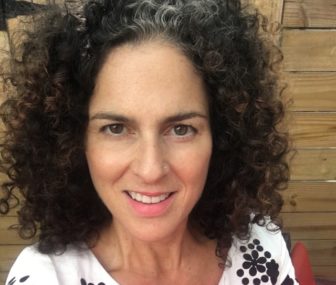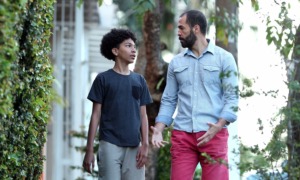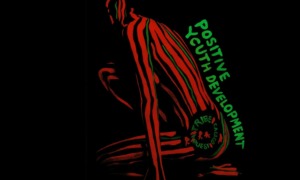 I have been developing and facilitating workshops for a wide range of youth worker audiences for nearly two decades on an extensive range of topics. I’ve been attending workshops presented by other people for even longer than that.
I have been developing and facilitating workshops for a wide range of youth worker audiences for nearly two decades on an extensive range of topics. I’ve been attending workshops presented by other people for even longer than that.
I have found that the “one and done” workshops, where the topic or training is offered one time, rarely have the kind of impact we, the people facilitating them, and the participants attending them hope they will.
When I design a workshop, I think about the “KSA,” the Knowledge, Skills and Attitude (or Abilities) that I am trying to impart to the audience I am working with. This comes from Bloom’s Taxonomy, which classifies educational learning objectives. People who have hired me to design the workshops want the workshops to influence the “A.” Like Maslow’s Hierarchy of needs, Bloom’s puts Knowledge at the bottom of the pyramid and Attitude/Abilities at the top.
But “Attitude or Abilities” is the most challenging thing to influence, and often requires the most time, practice, coaching and opportunity for reflection. So a one and done workshop just won’t cut it.
When organizations spend their valuable resources on professional development, they should really consider approaches that generate real change. This means an investment in longer-term, multisession professional development structures. A multisession approach helps participants develop relationships with each other and the facilitator, which in turn deepens the opportunity for trusting, authentic participation. It also helps expand or deepen participants’ networks. I’ve also found, both as a designer/facilitator of workshops and an attendee of professional development offerings, that:
- Participants need to come in pairs or triads. It’s so much easier to go back to their program and try to implement a new strategy, such as Project-Based Learning, if you’ve got a partner to practice with and to seek solutions with. It’s also easier to “manage up” and share learning with a supervisor or decision-maker with a partner than on your own;
- The week or weeks (no more than three) between each session can be used as a laboratory where the participants actively apply their learning. This serves two purposes. First, people get to test what they’ve learned right away, and ask questions such as did it work? Did it make sense? What adjustments did they need to make? When they regroup, they get to seek additional solutions or share an “aha” moment that could benefit others.
Another alternative to “one and done” workshops that expands even beyond the “three or more” approach is Professional Learning Communities (PLC). PLC, which have their origins in traditional educational settings, are gaining popularity in our field. They are “collaborative cohorts of professionals with a shared interest in improving … They meet regularly to reflect, review data, and to share and develop strategies to improve their professional practice,” according to Public Profit.
Sometimes PLCs have a specific end time; others keep evolving and changing based on what the group learns, who is in the group and what challenge they might be trying to solve. I participated in a yearlong PLC in 2003 through the Robert Bowne Foundation Afterschool Matters Practitioner Fellowship. The fellowship, still in existence albeit on a national scale and using a slightly different model, enables youth development practitioners to conduct research on a critical topic of interest to them.
About 10 to 15 practitioners meet twice a month for a year to learn how to conduct research on a topic of interest. The bimonthly sessions are facilitated and structured yet also flexible enough to account for different interests and abilities within the group. It was by far one of the most “professional” professional development (PD) experiences I’ve had to date in my career. No doubt it also influenced how I design and facilitate PD experiences for others.
It’s true that three workshop costs more than one workshop. However, in the end, it’s more cost-effective to invest in an intentional ongoing strategy that offers opportunities for deep learning, staff connections and intentional practice/application of the work with the opportunity to reflect and adjust. It really is time to move from “one and done” to more intentional, strategic and long-term learning experiences. The field is ready for it!
Rebecca Fabiano, Master of Science in education, is the founder and president of Fab Youth Philly, a small, woman-owned business that supports youth-serving organizations and serves as a lab to create programming for and with youth.



























